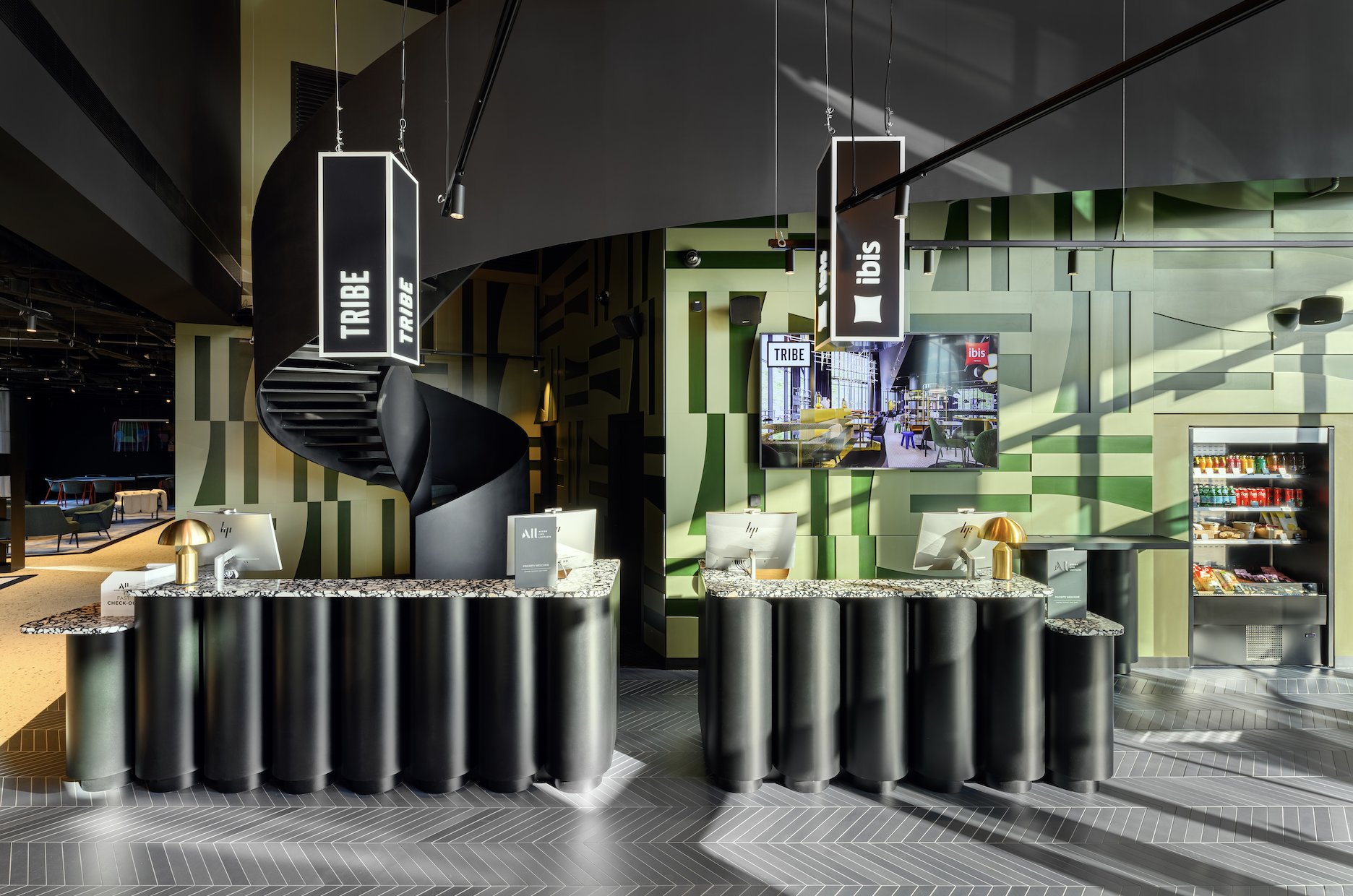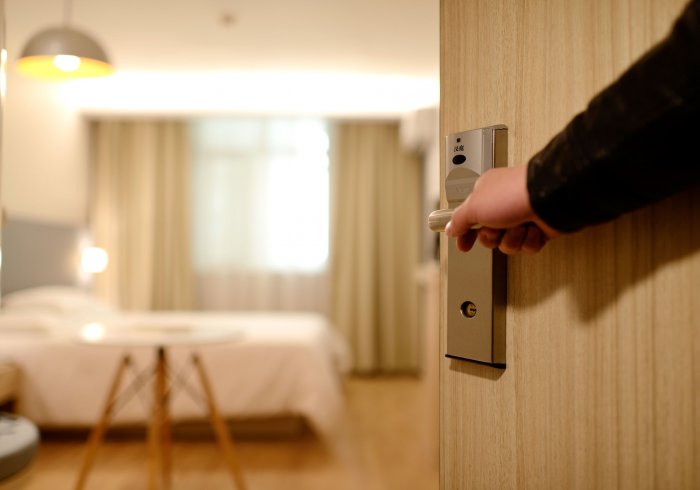Most Hungarians go Digital When Paying Abroad

Ede Kiss, country manager for Visa in Hungary.
Hungarian travelers prefer using their bank cards or smart devices to pay while holidaying abroad, according to Visa’s Travel and Payment Intentions Study 2022, covering eight Central and Eastern Europe markets.
When traveling internationally, as many as 62% of Hungarian respondents declared they prefer paying with their cards or smartphones/smartwatches. This trend developed during the pandemic lockdowns when consumers turned to online shopping and contactless payments to pay for goods in stores. These same habits are now being reflected in payment preferences when on holiday outside the country’s borders.
However, Hungarians are less keen to travel for “long” holidays (more than three nights) abroad in 2022 compared to the other CEE citizens, with nearly a third of respondents planning such breaks this year. That compares with 40% for Poles, 41% for Czechs, and 42% for Bulgarians, with Slovenians showing a much bigger appetite for long vacations this year (nearly 62%), followed by Romanians (more than 50%).
When it comes to short (three-day) weekend breaks, again, one-third of Hungarians say they intend to go abroad for a weekend this year. These shorter trips are most popular amongst Slovenians, 44% of whom would like to take this type of holiday this year, followed by Croatians (41%).
Approximately 15 % of Hungarians have shown a preference for shopping trips to neighboring countries. Their preferred destinations include Austria (63%), Slovakia (28%) and Croatia (22%).

Force for Good
“Visa has long-believed that travel and tourism can be forces for good; important drivers of economic opportunity and jobs as well as cultural awareness and appreciation,” says Ede Kiss, country manager for Visa in Hungary.
“The Visa CEE Travel and Payment Intentions Study 2022 shows that Hungarians are looking forward to resuming their pre-pandemic travel habits this year. The return to travel, be it for holiday, city break, or shopping in a neighboring country, demonstrates that Hungarian consumers are rebuilding their confidence level, which bodes well for a rebound in international travel and cross-border transactions,” Kiss adds.
The study shows that approximately half of Hungarians want to go on holiday once this year. This is also true for Poles (52%), Czechs (nearly 50%), and Slovaks (47%). Other Hungarian respondents declared they would go on holidays more often: two or three times (38%), and for a small minority on four or five occasions (7%).
Almost 48% of Hungarians plan their holiday travels several months in advance, with 20% planning their trips about a month ahead. The top holiday travel destinations for Hungarian residents in 2022 include Croatia (more than 31%), Italy (nearly 24%), followed by Greece and Spain (both around 20%).
The top three destinations for city breaks include Vienna (nearly 28%), Rome (22%) and Prague (almost 19%). As many as 43% wish to take two or three city breaks this year, and nearly 38% will go for a city break at least once. In terms of planning such trips, a third of respondents do so about a month in advance, while more than 16% plan their short getaways a week or two earlier.
Digital Preference
For managing travel expenses and payments, most Hungarian respondents (62%) indicated a preference for digital methods, including bank cards and smart devices. Hungarians who use such payments value these methods for convenience (70%), speed (64%), and security (47%), but also the lack of risk of losing cash (40%), and the ability to avoid changing money into local currencies (40%).
“We are seeing Hungarians rely on card and mobile device payments when traveling abroad, with 62% of Hungarian nationals indicating these payment methods as preferred. This is the highest amongst the eight Central and Eastern European countries surveyed. Thanks to the innovative and trusted global Visa network, everyone can pay quickly, conveniently, and securely at more than 100 million locations across more than 200 countries and territories,” Kiss adds.
One interesting aspect of card payments is that the vast majority of Hungarians (89%) use the same card when traveling abroad as at home, and only 11% of Hungarians use a different card for payments outside the country. The reasons for using another card cited by half of the Hungarian respondents are feeling safer not using their “primary” payment card abroad, better exchange rates (38%), access to multiple currencies (28%), and better control of spending (22%).
“When shopping abroad, paying by card or mobile phone remains the most convenient choice. In most countries, there are extensive acceptance networks. The exchange rate the bank charges for a card purchase is also quite important,” says Tamás Farkas, senior bank card advisor at OTP Bank.
The top spending spots for digital payments abroad include petrol stations (73%), shopping malls (72%), restaurants (almost 69%), and groceries (64%), but also entertainment, such as museums, galleries, and amusement parks (nearly 62%).
This article was first published in the Budapest Business Journal print issue of July 1, 2022.
SUPPORT THE BUDAPEST BUSINESS JOURNAL
Producing journalism that is worthy of the name is a costly business. For 27 years, the publishers, editors and reporters of the Budapest Business Journal have striven to bring you business news that works, information that you can trust, that is factual, accurate and presented without fear or favor.
Newspaper organizations across the globe have struggled to find a business model that allows them to continue to excel, without compromising their ability to perform. Most recently, some have experimented with the idea of involving their most important stakeholders, their readers.
We would like to offer that same opportunity to our readers. We would like to invite you to help us deliver the quality business journalism you require. Hit our Support the BBJ button and you can choose the how much and how often you send us your contributions.









